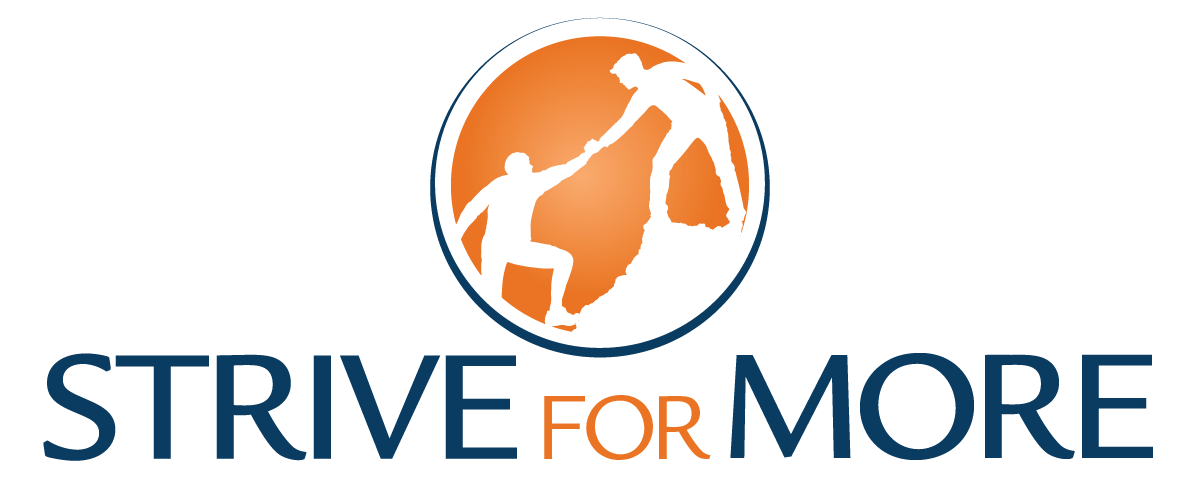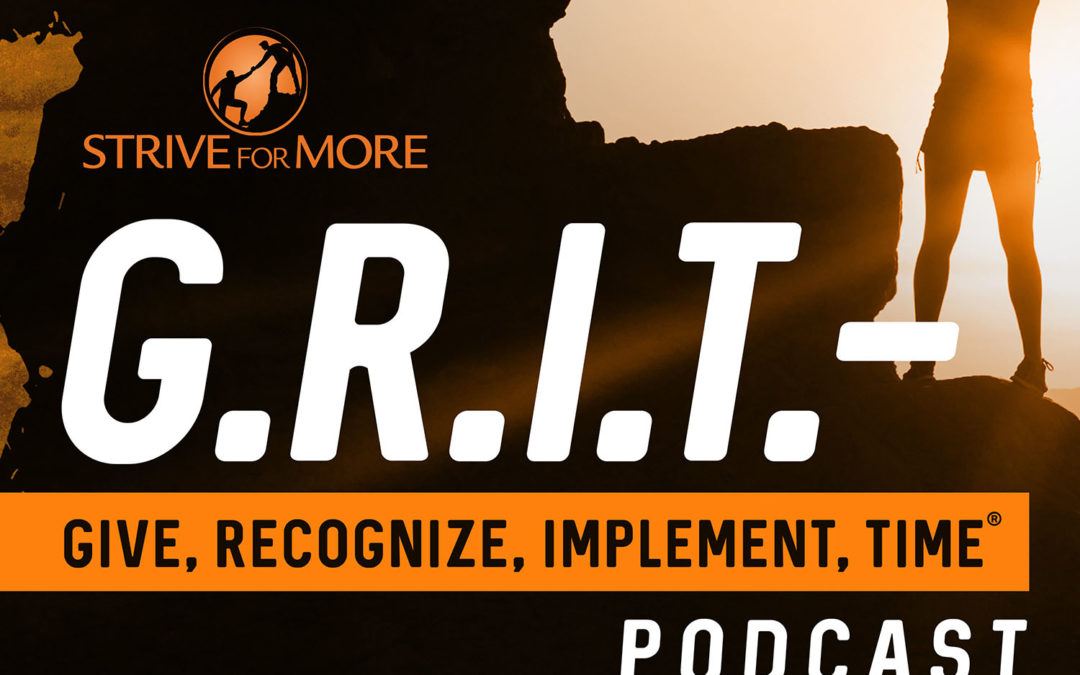About the Episode
Attrition rates amidst the great resignation have sky rocketed from the typical 18% to 30% and even 40%. What a jump! Can we afford to lose this many employees? Not just from a work standpoint and the cascading waterfall it creates by further burdening our all-ready overworked employees with even more for them to do, but also from a financial aspect. It’s estimated that losing an employee costs approximately 33% of that employee’s annual salary.
Understanding the above unfortunately isn’t enough to stop losing our employees. We must truly understand what is causing them to leave. For example: people quit people. People also quit organizational cultures. And, people quit because they aren’t afforded growth and development opportunities. This is what we are going to dive into today.
So, how do we prevent our employees from leaving because of a lack of growth and development opportunities? Hint: the answer starts with them! Join me as I break this down.
Episode Transcript
Hello everyone, and welcome back. Today we’re going to continue from our last episode where we talked about what is personal development, to now as an organization how do we stop losing employees from a lack of growth in development opportunities? It’s a really good question.
One thing I’ll throw out there for us is well lack of career growth and advancement is something that is always a top reason people leave companies. It’s not the only one. Another one we’ve talked about people quit people, and that’s not just poor management behavior. I mean, that’s a big part of it, but in light of our conversation today it also revolves around lack of growth and development from our managers.
What I mean by that is a lot of times, managers may not know what to say. They may not know what to do, and that can come across to us as employees. “Hey, I want to grow my career. Can you give me feedback? How am I doing?” “Oh, you’re doing fine. You’re doing great.” “Can we have those conversations around the goals? Oh, I mean, you’re meeting what we need to meet, I don’t think we need to talk about it.” Have you ever had that kind of conversation with your own manager? You probably have.
When we are looking to grow and advance our careers not only are we seeking those opportunities from the organization as a whole in terms of learning and development training, say coaching, but we’re also looking for those conversations from our managers. And if our managers don’t emphasize it, don’t have those conversations with us, or even when they do it just completely greatly falls short of what we want, it’s going to disengage us as employees.
So part of how we stop losing employees from a lack of growth and development opportunities doesn’t just revolve around the offerings that we have as an organization, but it also dives into how do we teach, coach and train our managers to have these kind of conversations, because it’s hugely important to employees. Well this may sound very simple, provide growth opportunities, provide development opportunities, have managers have these conversations. It’s actually much more complex and involved. One of the reasons behind that is often we make presumptions. Here’s what they want, here’s what we need to do to solve this issue, and we tend to just guess.
So what do your employees really want? What kind of career advancement and growth are they looking for? What kind of conversations are they looking for?
The tagline we use at the end of the show often contains that part of if we never ask we’ll never know. I say it for a very specific reason because a lot of times we make presumptions, we assume we know, but if we never ask that question do we really?
As a quick kind of tangent and aside one of the biggest issues that I see businesses have is they don’t do their market research and know their customers intimately to be able to successfully fill their customer needs and then actually survive as a business. They don’t do it and they make assumptions that often end up being wrong, which lead to those businesses failing. And that’s not just universally true in the business world, it’s true here in these conversations. If we never ask we’re never going to truly know the answer. We may presume, but unless we actually hear it from our employees directly we’re just guessing. And we can often miss that mark and companies do miss that mark.
We’ve also talked about the difference between say coaching and training and education. When is the right mix for those? When is it appropriate? And how much are we actually giving our employees an opportunity to learn from. If I lecture at somebody for four hours what are they really taking away? How can they implement it? How are we actually helping them follow through? Because change does take time, it doesn’t happen instantaneously. I apologize for me speaking there.
We often do a one and done bandaid patchwork fix. Oh, you’ve got some training on it you now know what to do. But if it’s a different behavioral way of doing something you’ve got to build that new neural pathway. So this development for employees is not only about what are we offering them organizationally, what are their managers doing with them, but it’s also about what is it that they truly want and how are we actually helping them ingrain that within them and following that path?
So simply put one of the best ways to look at this is our employees are our customers. If our customers were treated the way that our employees are would they still be our customers? Do we often put our customers first at the expense and the collective on employees? Answer is yes. Some of the most successful organizations have started to flip the script, or do flip the script and have been doing so for a while because they care about their employees, not just in word but in action as well.
This is something we’re going to get into next episode. This one really around kind of the high level way in which we as an organization can stop losing employees from lack of growth and development opportunities. Not only is it about putting things into play but it’s actually knowing what to put into play. And it’s two pronged, it’s organizationally and then it’s managerially. Those are two things that are very important to address.
Within that it gets down to treating our employees as internal customers and knowing them intimately so we can actually fulfill the needs that they have and provide appropriate solutions that meet those needs. When we do that we will stop losing employees. We will be able to successfully put together a path forward to meet what they want, provide those development opportunities, give them the growth that they seek.
As we noted today I’ll shorten the motto and the tagline to the very relevant piece that came out of today, which is if we never ask we’ll never know. We’re going to dive into that further next episode, and I look forward to hearing from you with any thoughts or comments that you have. Until then, be the movement in your life.
Listen to all of our episodes here.
Learn More About How We Help You Harness Your Resilience Through G.R.I.T. – Give, Recognize, Implement, Time®& Find More Actions You Can Take Right NOW!
To learn more about our signature coaching approach which DOES help people all over the world stay focused, overcome, and achieve, please click here.
Want to Assess Your G.R.I.T. – Give, Recognize, Implement, Time® & get a tangible gauge of key human characteristics that WILL make you successful?
Take our G.R.I.T. – Give, Recognize, Implement, Time assessment now and find out!

